Description
The Unsung Hero: Unlocking the Power of Vitamin B6
Vitamin B6, often overlooked in the alphabet soup of vitamins, is a true workhorse when it comes to our health and well-being. This water-soluble vitamin, also known as pyridoxine, plays a pivotal role in countless bodily functions, from energy production to brain development. Let’s dive into the world of Vitamin B6 and uncover why it deserves a prominent place in our nutritional awareness.
What Exactly Does Vitamin B6 Do?
Vitamin B6 acts as a coenzyme, a helper molecule, for over 100 enzymes involved in a wide range of metabolic processes. Here are some of its key functions:
- Protein Metabolism: B6 is crucial for breaking down proteins, allowing the body to use amino acids effectively for building and repairing tissues, producing hormones, and creating enzymes.
- Energy Production: It helps convert food into usable energy by assisting in the metabolism of carbohydrates and fats. Feeling sluggish? B6 might be part of the solution.
- Brain Health and Mood Regulation: B6 is essential for the production of neurotransmitters like serotonin, dopamine, and norepinephrine, which play a critical role in mood regulation, sleep, and cognitive function. This makes it relevant in managing symptoms of depression and anxiety.
- Red Blood Cell Formation: B6 aids in the production of hemoglobin, the protein in red blood cells that carries oxygen throughout the body. Adequate levels of B6 are vital for preventing anemia.
- Immune Function: By supporting the production of lymphocytes (white blood cells), B6 helps bolster the immune system, making us more resilient to infections.
Sources of Vitamin B6: Where to Find It in Your Diet
Fortunately, incorporating Vitamin B6 into your diet is relatively straightforward. Here are some excellent sources:
- Animal Products: Chicken, turkey, beef, salmon, tuna, and eggs are good sources of B6.
- Plant-Based Options: Potatoes, bananas, chickpeas, spinach, fortified cereals, and avocados are all plant-based sources of B6.
- Supplements: If dietary intake is insufficient, B6 supplements are readily available. However, it’s always best to consult with a healthcare professional before starting any new supplement regimen.
Who Might Be at Risk of a B6 Deficiency?
While a severe B6 deficiency is rare, certain groups are more susceptible:
- Individuals with Kidney Disease: Kidney problems can interfere with B6 metabolism.
- Alcoholics: Excessive alcohol consumption can impair B6 absorption and increase its excretion.
- People with Autoimmune Disorders: Certain autoimmune conditions can interfere with nutrient absorption.
- Pregnant Women: The demand for B6 increases during pregnancy to support fetal development.
- Elderly Adults: Absorption of B6 can decrease with age.
Signs of a B6 Deficiency
The symptoms of a B6 deficiency can be varied and may include:
- Fatigue and Weakness
- Depression and Anxiety
- Skin Rashes and Dermatitis
- Mouth Sores and Cracks at the Corners of the Mouth
- Numbness or Tingling in the Hands and Feet
- Seizures (in severe cases)
Important Considerations: Dosage and Potential Risks
While B6 is essential, taking excessive amounts through supplementation can lead to nerve damage (peripheral neuropathy), causing numbness and tingling in the hands and feet. The Tolerable Upper Intake Level (UL) for adults is 100 mg per day from supplements. It’s crucial to stick to recommended dosages and consult with a healthcare professional, especially if you are taking other medications, as B6 can interact with some drugs.
Conclusion: Embracing the Benefits of Vitamin B6
Vitamin B6 is a vital nutrient that plays a crucial role in maintaining overall health and well-being. By ensuring adequate intake through a balanced diet or, when necessary, supplementation under the guidance of a healthcare professional, you can unlock the full potential of this unsung hero and reap its numerous benefits, from boosting energy levels and mood to supporting brain function and immunity. So, pay attention to your B6 intake and empower yourself with this essential vitamin!

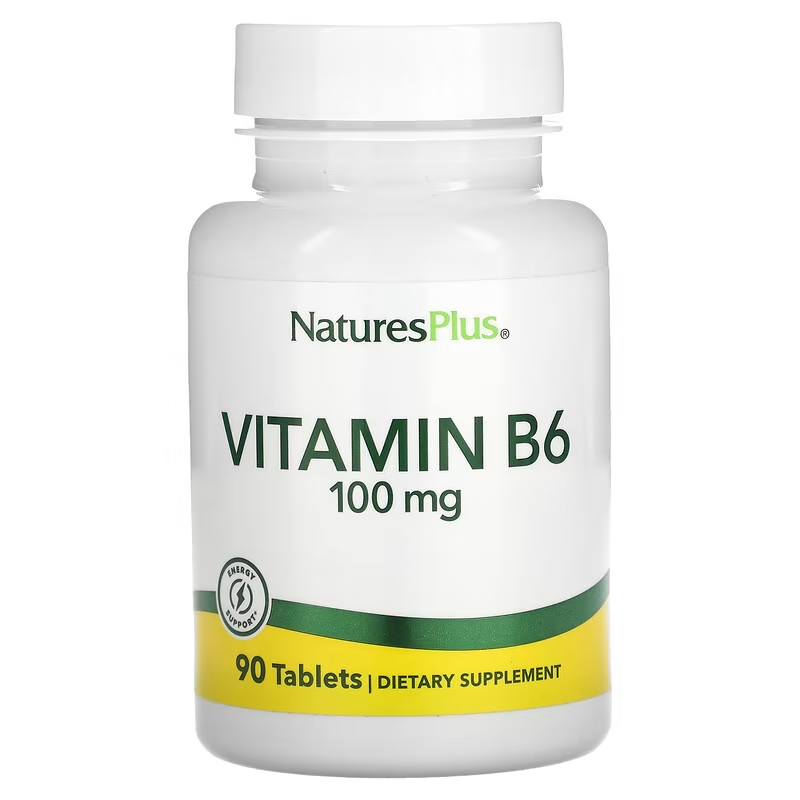
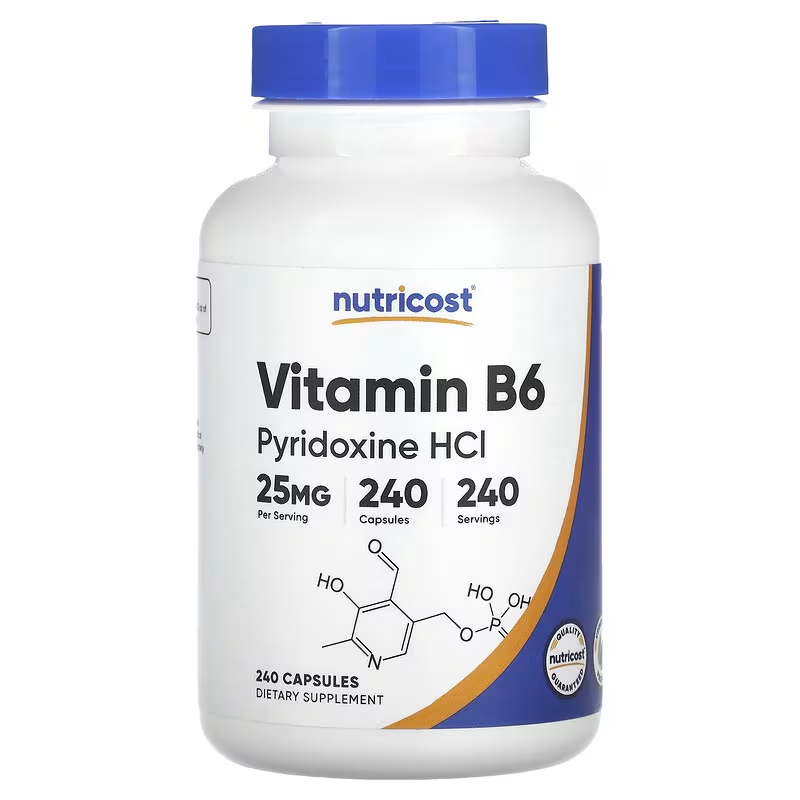
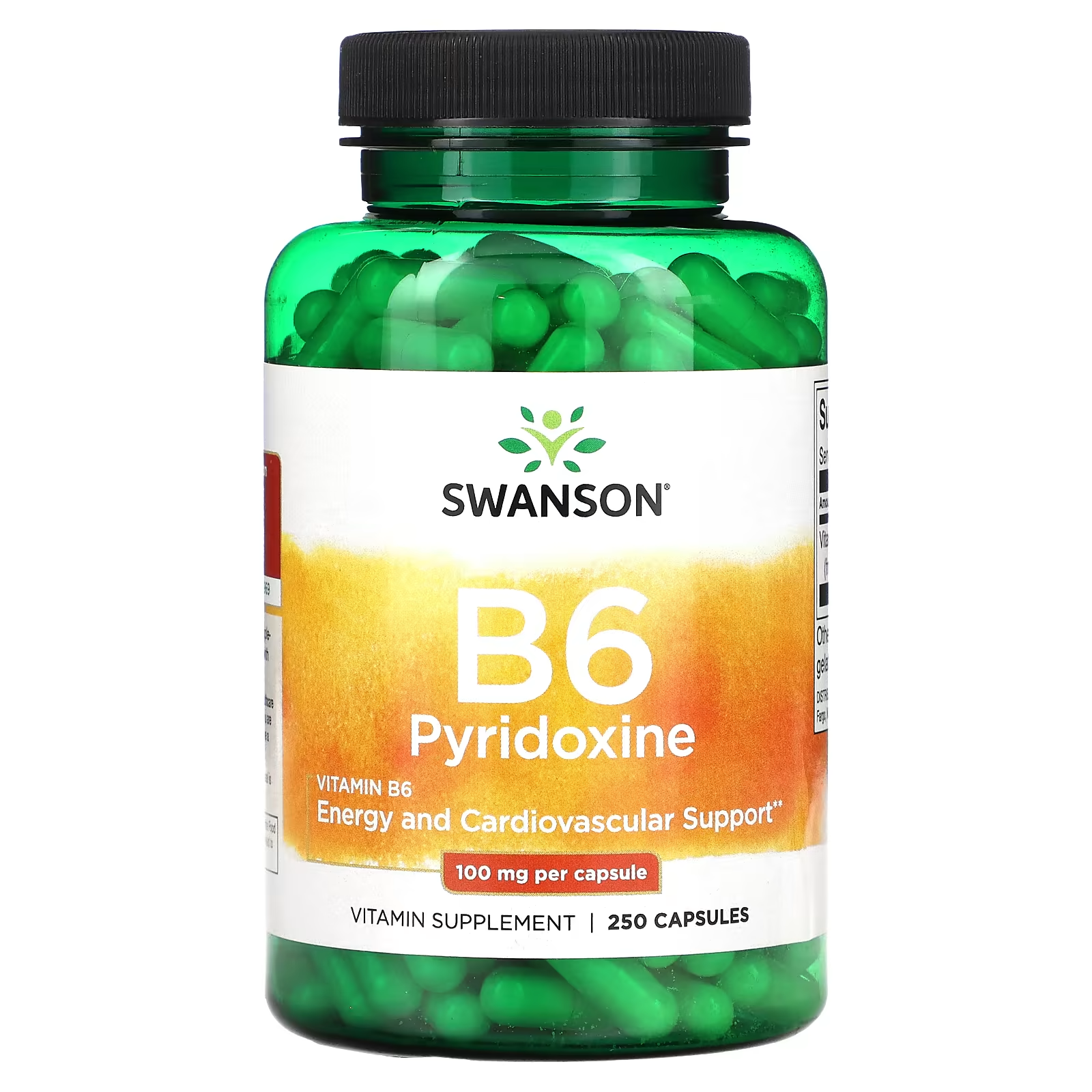
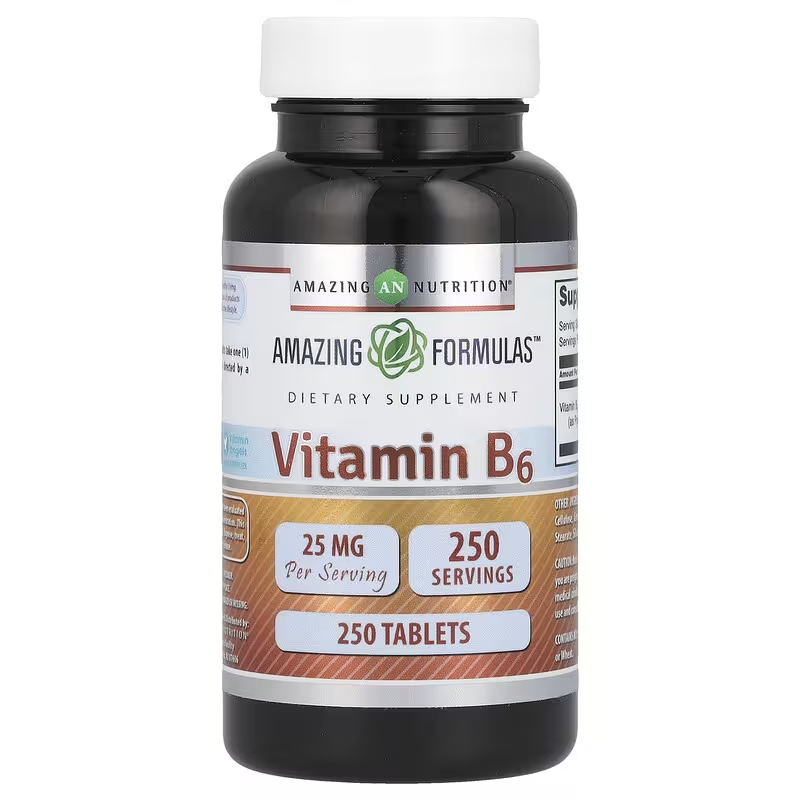
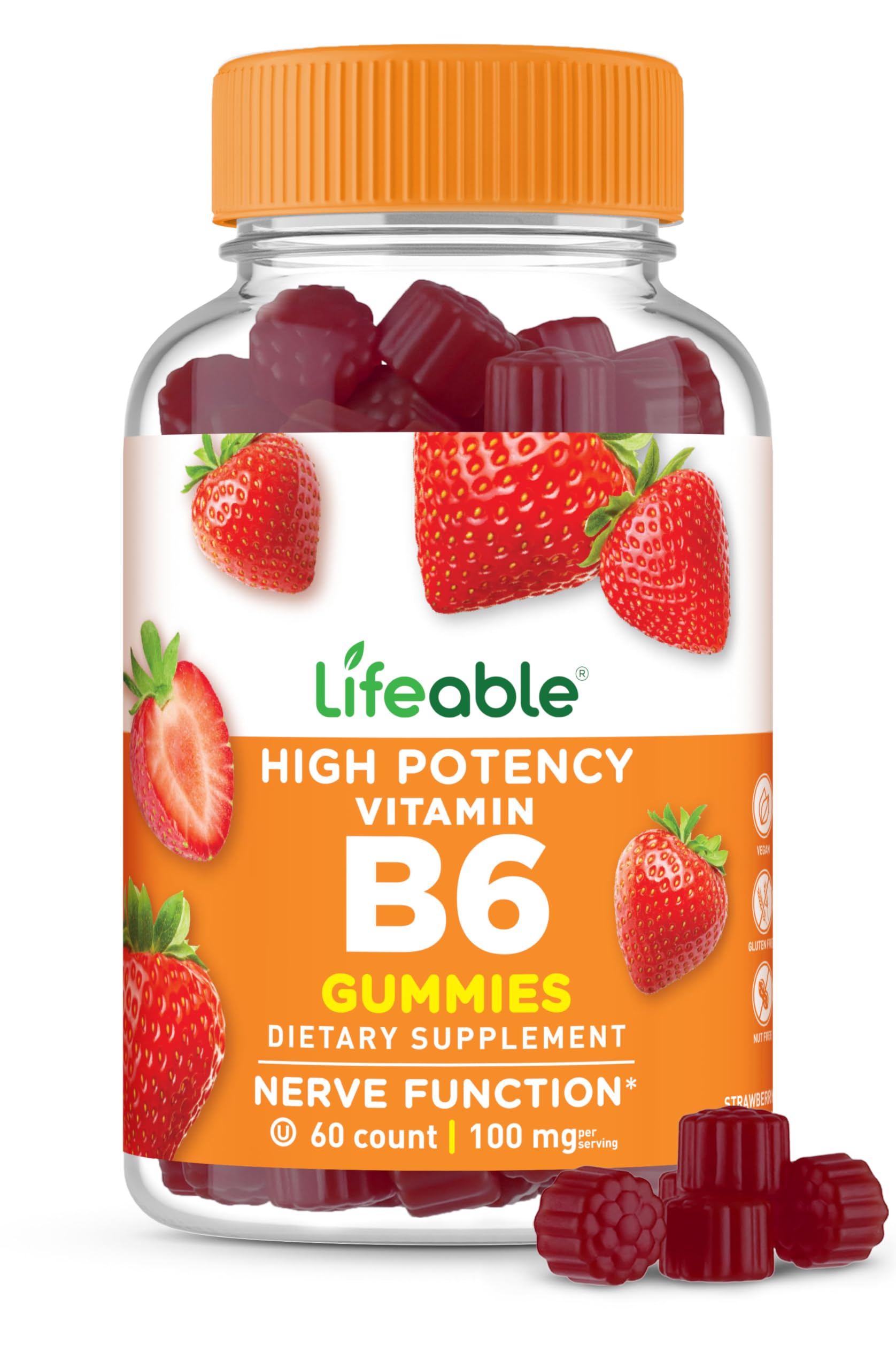
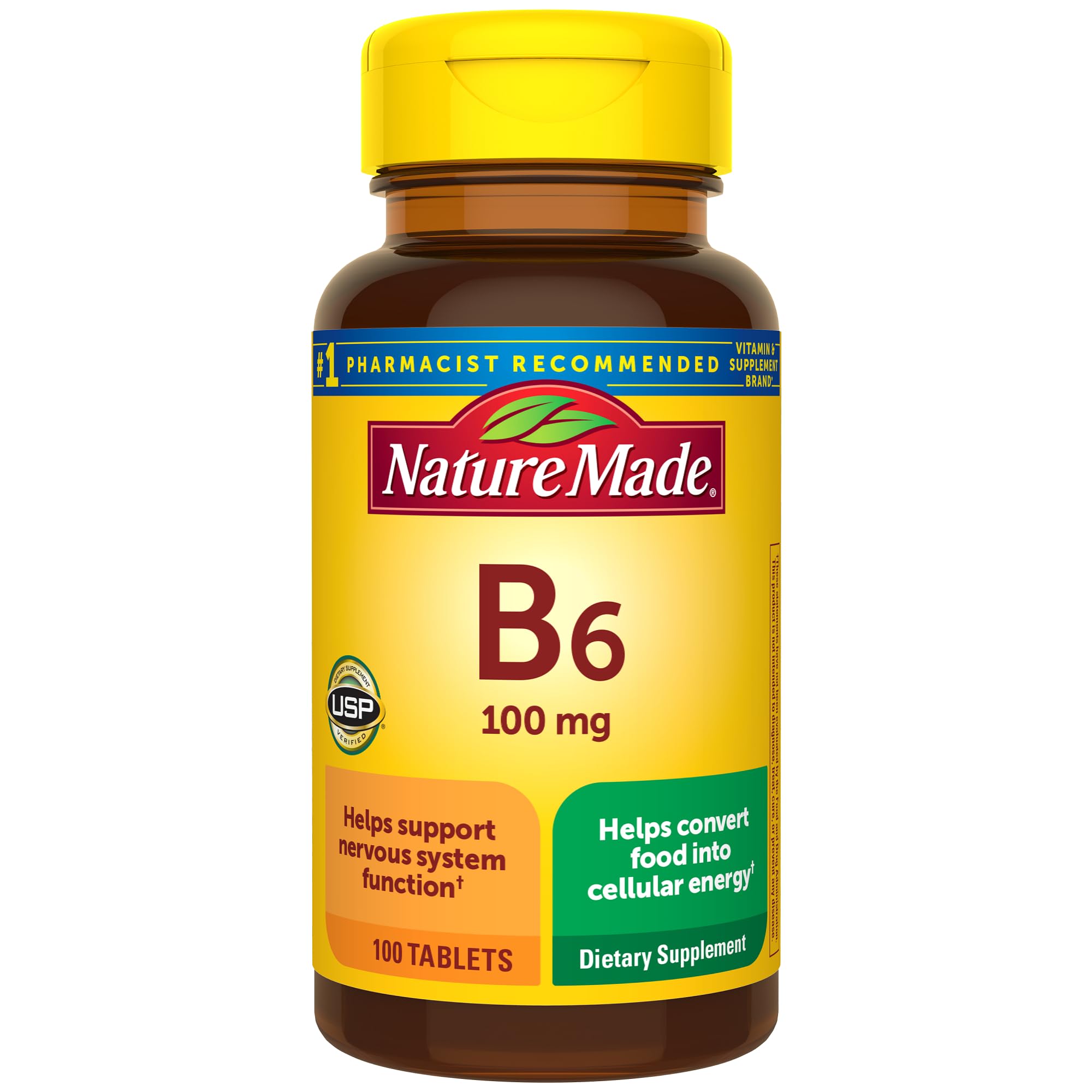

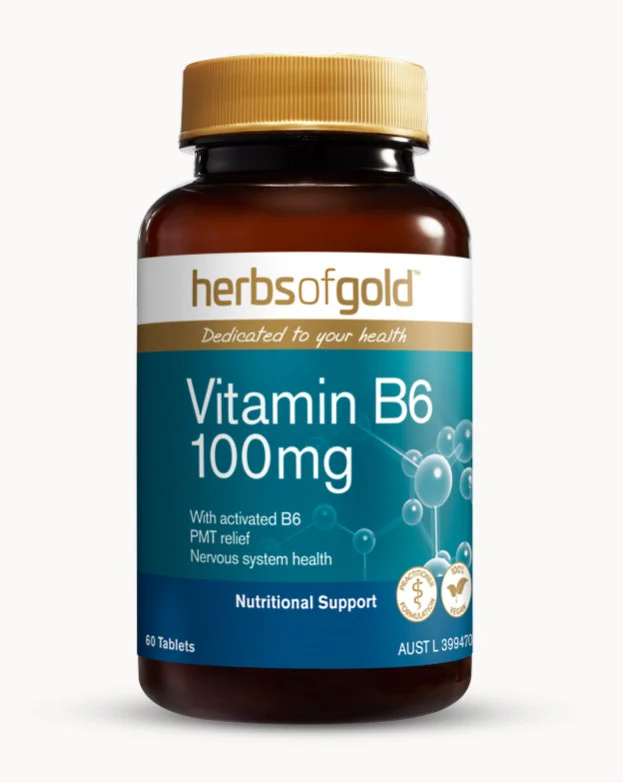
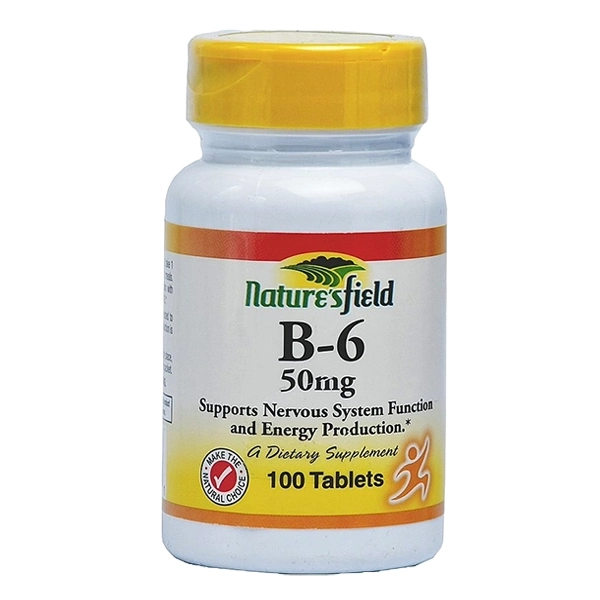
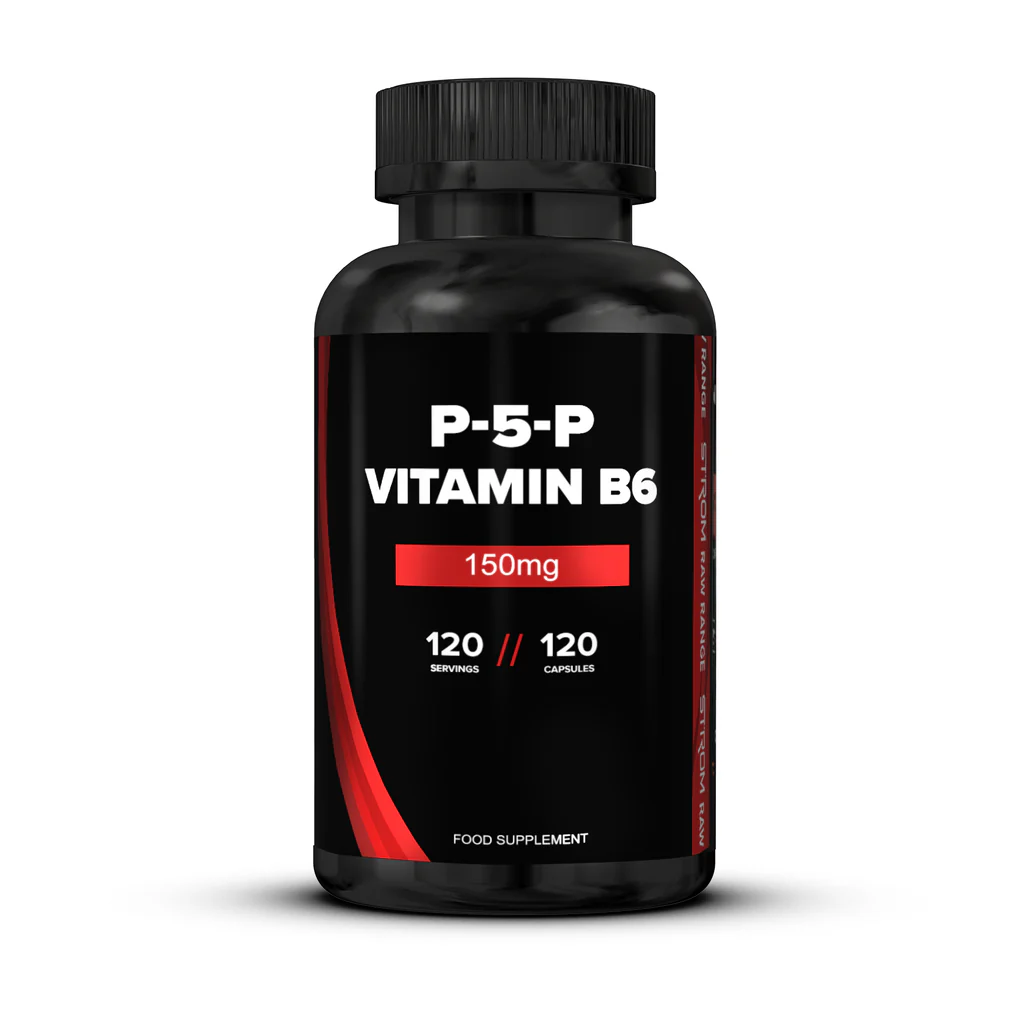





Reviews
There are no reviews yet.